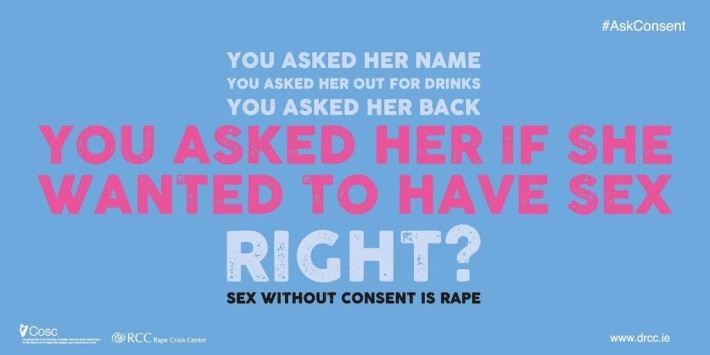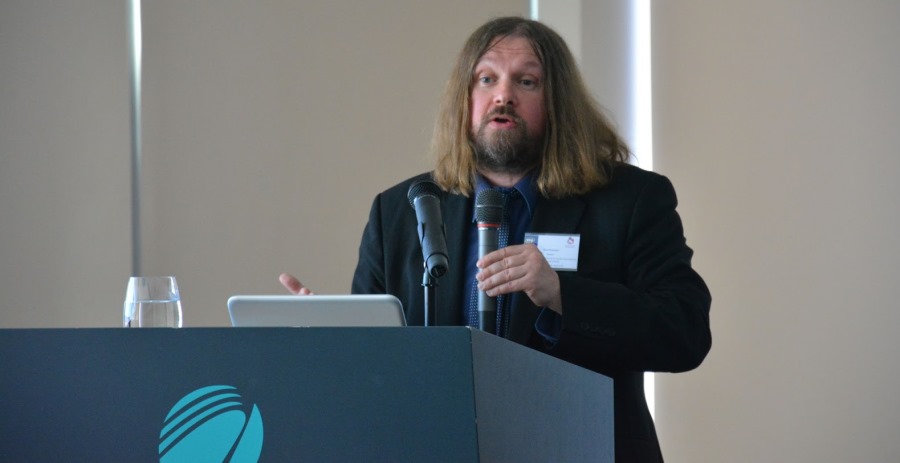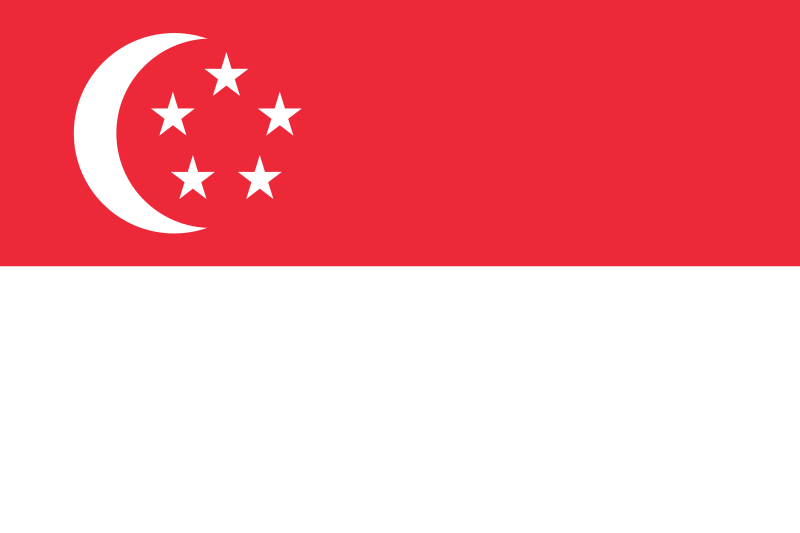
A campaign tackling the issue of sexual consent was launched by Minister for Justice and Equality, Frances Fitzgerald, this month.
The “Ask Consent” campaign is the product of collaboration between Dublin Rape Crisis Centre, the Union of Students in Ireland (USI), The White Ribbon campaign and several other rape crisis centres around the country.
It is a three week long educational campaign and is being funded by The National Office for the Prevention of Domestic, Sexual and Gender-based Violence.
The aim of the campaign is to get people talking about the importance of consent and to teach students that sex without consent is rape.
This comes after a USI survey found that 16 per cent of students had experienced some form of unwanted sexual contact, while 38 per cent of victims said it occurred on more than one occasion.
Minister Fitzgerald said she was committed to putting in place “mechanisms and actions to protect and support victims and to bring perpetrators to account”, adding that she intends to publish a second national strategy on domestic, sexual and gender-based violence.
There is currently no definition of consent in our legislation.
As well as encouraging a legal definition, the “Ask Consent” campaign aims to highlight the social definition of consent.
“Consent is not the absence of a no, but the presence of an un-coerced, agreed, and enthusiastic, yes,” said Tom Meagher, of The White Ribbon Campaign.
“Consent needs to be on-going and it must be made clear that anyone can stop sex at any stage, and a refusal to stop at this stage is rape”.
The White Ribbon Campaign is a male led organisation that works to end gender based violence and Meagher emphasised the importance of male engagement on the topic.
“While anyone can be a victim of rape, we need to understand that it is a deeply gendered crime and is overwhelmingly perpetrated by men on women”.
The campaign has garnered strong online support, with broadcaster, Cathal Mac Coille, saying it was a campaign “with a message worth repeating, again and again and again”.
Further information can be found using the Twitter hashtag, #AskConsent.
Rebecca Lumley




Leave a Reply